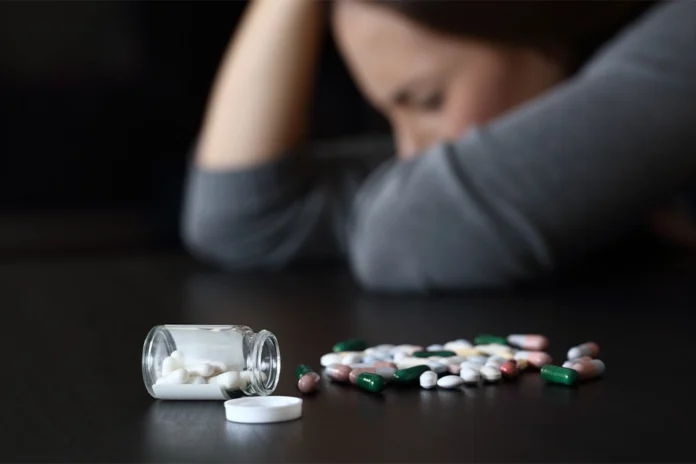Experiencing drug withdrawal can be physically and emotionally challenging. The process of detoxifying the body from addictive substances often brings discomfort, cravings, and intense mood swings.
However, with proper preparation, professional guidance, and support, withdrawal can be managed safely and effectively. Understanding the steps involved and utilizing available resources significantly increases the chances of a successful recovery and long-term sobriety.
Seek Professional Evaluation
Before beginning withdrawal, it is essential to seek a professional evaluation. Healthcare providers assess the type of substance, duration of use, overall health, and potential risks associated with withdrawal.
This assessment helps determine the most appropriate detox plan and identifies any underlying medical conditions that may complicate the process. Professional guidance ensures a safe start to recovery and provides the foundation for long-term success.
Medication Management for Symptom Relief
Medication management is a critical component of many withdrawal programs. Prescribed medications can help reduce the severity of withdrawal symptoms, including anxiety, nausea, insomnia, and cravings.
Healthcare professionals monitor dosage and adjust medications as needed to maintain safety and effectiveness. Proper medication management ensures the body gradually adjusts to the absence of the substance while minimizing discomfort and health risks.
Drug Detox Programs for Structured Recovery
Participating in a structured drug detox program is one of the safest ways to go through withdrawal. Detox programs provide medical supervision, 24-hour monitoring, and access to supportive care, reducing the risk of complications.
Professional staff guide individuals through the detox process, offering both physical and emotional support. Detox programs also provide a controlled environment that removes access to substances, helping patients focus entirely on recovery.
Supportive Therapy and Counseling
Withdrawal is not only a physical process but also an emotional and psychological journey. Therapy, including individual counseling or group sessions, offers strategies for managing cravings, coping with stress, and addressing underlying mental health issues. Supportive counseling equips individuals with tools to handle triggers, develop healthy coping mechanisms, and build resilience during recovery.
Develop a Structured Routine and Healthy Habits
Creating a structured daily routine helps individuals navigate withdrawal more effectively. Regular sleep, balanced nutrition, hydration, and light physical activity support both physical and mental well-being. Maintaining healthy habits reduces stress, stabilizes mood, and encourages a sense of control during this challenging time.
Build a Strong Support Network
Having a reliable support network is crucial during withdrawal. Friends, family, and support groups provide encouragement, accountability, and reassurance.
Sharing experiences with others who have gone through withdrawal can also offer practical insights and emotional validation. Feeling supported reduces feelings of isolation and increases the likelihood of completing the withdrawal process successfully.
Plan for Long-Term Recovery
Withdrawal is only the first step in the journey to sobriety. After completing detox, ongoing therapy, support groups, and relapse prevention strategies are essential for long-term success.
Combining medication management, counseling, and lifestyle adjustments helps maintain recovery and reduces the risk of relapse. Establishing a plan for continued care ensures that the progress made during withdrawal translates into lasting sobriety.
Going through drug withdrawal requires a combination of professional support, structured programs, medication management, counseling, and strong personal determination. By utilizing drug detox services, adhering to medical guidance, and engaging in supportive therapies, individuals can navigate withdrawal safely and set the stage for lasting recovery. With preparation, guidance, and a strong support system, withdrawal can become the first meaningful step toward a healthier, substance-free life.






